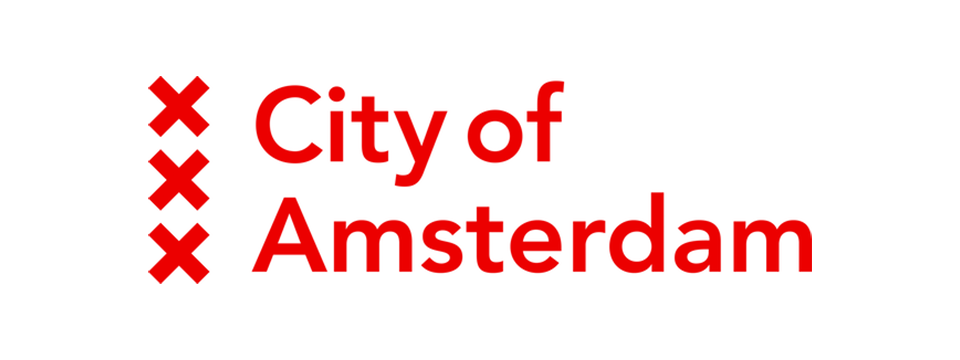Enabling a Citizen-Powered Circular Textiles Sector
The city of Amsterdam has adopted a new circular strategy with the vision to be a thriving, regenerative and inclusive city for all citizens, while respecting the planetary boundaries. Achieving this vision will require deep systemic transformation, far beyond the cities' borders and sphere of influence. A key area of focus for the city and its partners is to create a more circular, transparent and inclusive textiles sector for both citizens and businesses alike.
As part of this, the city is exploring ways to extend producer responsibility, create higher levels of recycled content in products, and more dynamic methods for monitoring supply chains. The REFLOW project is a cornerstone initiative within Amsterdam’s circular textiles strategy. Within the project, the City of Amsterdam is collaborating with Waag Society and DYNE to develop REFLOW OS: a decentralised cryptographically secure network that enables economic exchanges among actors and the tracking and tracing of materials. With REFLOW OS, the partners aim to:
Increase the volume of textiles collected by citizens and brought back into the loop.
Increase the demand for recycled textiles and their use in new products.
Increase the role of citizens and SMEs within the circular textiles industry.
Enable new mindsets, behaviours, and business models for circular textiles.
REFLOW OS will be shared using an open-source license so other developers and cities can replicate, customize, and fork the software for their own needs.
Challenge Owner
The Chief Technology Office (CTO) of the Municipality of Amsterdam collaborates with all departments from the municipality to make innovation happen in the city. They work on themes, such as: e-health, circular economy, smart mobility, sharing economy, cooperation with start-ups and innovative procurement. Based in Amsterdam, Waag Society operates at the intersection of science, technology and the arts. Their work focuses on emergent technologies as instruments of social change, and is guided by the values of fairness, openness and inclusivity and the ambition to empower people to become active citizens through technology. DYNE is a non-profit foundation and free software foundry based in Amsterdam dedicated to the development of reliable software products. DYNE supports broad access to technology, recycling and freedom of expression by developing socially responsible tools, applications and community platforms. As a consortium, the partnership offers a deep understanding of DLTs inclusive of its potential and limitations within the context of Amsterdam’s circular textile economy.
The challenge
Today, the textiles sector in Amsterdam is far from circular. The ecological, human, and social impacts are large and untenable, and although demand for recycled materials is growing the general commercial uptake remains low.
While cities like Amsterdam have the ambition to improve the collection, sorting and treatment of textiles towards a circular economy, they cannot transform this chain alone; it requires organisation and cooperation at the local and national, European and global level, with citizens and SMEs playing an ever-increasingly integral role. With this challenge, the City of Amsterdam and its partners aims to break this cycle, by changing the way textile waste is collected, treated and re-processed thereby extending its life and bringing it back into the loop for new uses.
REFLOW OS is currently under development and has been designed to target a professional network of producers, retail outlets, and waste management utilities. Citizen engagement and facilitation is a key gap of the current design. To this end, the city of Amsterdam and its partners are looking for a venture team that can expand the current REFLOW OS design and develop new modules that enable citizen-lead textile cycling and exchange.
Potential Challenge Areas
Through this challenge, the City of Amsterdam and its partners are interested in exploring the development of:
Product passports that enable citizens to log valuable information about a textile garment throughout its various use- and life- cycles.
A physical and digital tagging system that facilitates the tracking of materials and products throughout points of exchange.
A tokenised exchange system that incentivises effective sorting, collection and cycling of textiles while at the same time fairly distributes value between citizens, producers, and retailers.
An accessible and inclusive UX / UI that caters to the needs and preferences of citizen groups.



